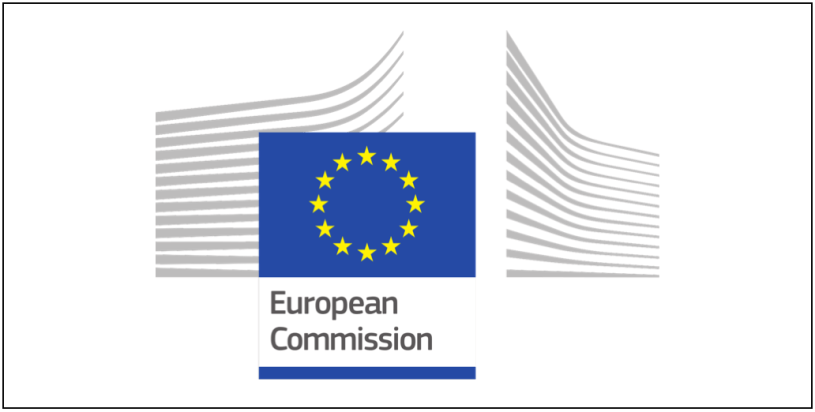…
Today, Europe is a net importer of many net-zero technologies.
For example, we’re currently too reliant on solar panels and electric vehicles from China.
China is an indispensable partner on climate as one of the world’s major investors in renewables.
So it will be a challenge to ensure that significant subsidies for domestic clean tech projects, to accelerate the energy transition, do exactly that, and don’t exclude international cooperation and the benefits it brings to all.
Going forward, Europe’s policy is to ensure we don’t replace fossil fuel dependency with another one in clean tech.
For that, we have taken a number of measures to support EU net-zero industries manufacturing at home.
But we also know we will not be able to produce it all in Europe.
We are therefore open to strategic partnerships aimed at diversifying our clean technology supplies.
…
Just as the EU is keen to secure supply chains through investments in critical minerals mining and prospecting, the Australian industry is calling out for more investment.
The EU, as Australia’s third trading partner after China and Japan, can play a role in diversifying Australia’s trade flows.
But as long as our trade continues to be discriminated against, the opposite will happen: our competitive position will be eroded, and Australian dependence on a limited number of export partners will further solidify.
That’s why, on this visit, I’ve been consistently telling my Australian counterparts that we want to re-engage, get back to the negotiating table.
###
Source: European Commission
Speaker: Kadri Simson, European Commissioner for Energy
Format: Speech

